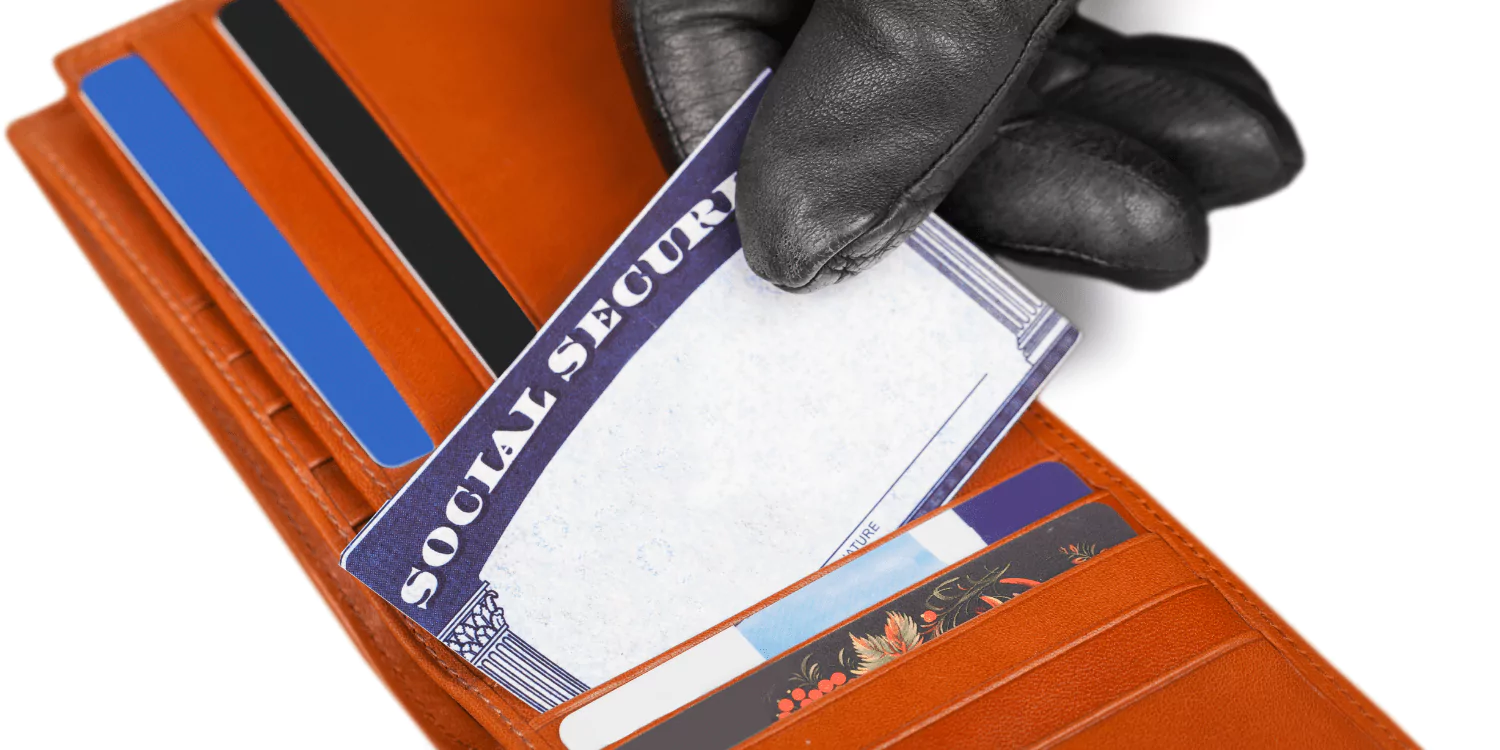
Your Social Security number (SSN) is one of the most important pieces of personal information you have. It’s used to track your earnings, determine your eligibility for government benefits, and confirm your identity in financial transactions. Because of its importance, your SSN is a top target for identity thieves. Once stolen, it can be used to open accounts, file fraudulent claims, or even commit tax fraud in your name.
If you’ve ever worried about how to keep your SSN safe, you’re not alone. Identity theft is a growing concern for millions of Americans. That’s why it’s essential to take proactive steps to protect this critical piece of your identity.
Learning how to protect your Social Security number starts with being careful about when and where you share it. Many businesses and government agencies require your SSN for legitimate reasons, but others may ask for it without a valid need.
Here are some important tips:
Being cautious with your SSN is one of the most effective ways to reduce your risk of identity theft.
If your SSN falls into the wrong hands, it can be used to commit fraud in your name. Identity theft affects millions each year, often leading to damaged credit, financial losses, and months or even years of cleanup.
The Federal Trade Commission (FTC) reports that SSN misuse is one of the most common forms of identity theft. Criminals can use your number to open bank accounts, file for unemployment benefits, or apply for credit cards.
In cases of a data breach, your SSN might be exposed through no fault of your own. That’s why monitoring your credit and watching for suspicious activity is essential. For more guidance, visit our article on Warning Signs Your Credit Might Be In Danger and Disputing Inaccuracies.
The Social Security Administration (SSA) recommends that consumers keep their Social Security card in a safe place and avoid carrying it unless absolutely necessary. If your card is lost or stolen, you should report it immediately and request a replacement.
The SSA also warns against scams where callers pretend to be government agents. These scams often claim there’s a problem with your Social Security number or that you owe a debt. The SSA will never threaten you or demand payment over the phone.
To learn how to protect yourself from these scams, check out our Free Identity Theft Prevention Course.
Several government agencies help protect consumers from identity theft and fraud. These include:
If you become a victim of identity theft, you can report it online at IdentityTheft.gov, a trusted resource maintained by the FTC.
When it comes to keeping your social security number safe, it’s important to build strong everyday habits. Even simple actions can make a big difference in avoiding identity theft.
Here are a few more ways to safeguard your security number:
We recommend reading our article on Use Technology to Manage Your Money Better for more tips on safe online habits.
If you think your Social Security number may have been exposed, you can request a fraud alert through one of the three major credit bureaus: Experian, TransUnion, or Equifax. A fraud alert requires lenders to verify your identity before issuing credit in your name.
You can also place a security freeze on your credit report. This prevents anyone from accessing your credit file without your permission. It’s a stronger measure than a fraud alert but can take more effort to manage.
Staying on top of your credit is one of the best ways to detect suspicious activity early. Learn more in our guide on Credit Monitoring: What it is and Why You Should Have It.
A data breach occurs when private information, like Social Security numbers or financial details, is accessed without authorization. If a company or agency notifies you of a breach, take it seriously.
Steps to follow:
You can also review our article on Protect Your Finances After the Capital One Data Breach for more detailed advice.
If you were affected by the Equifax breach, see if you’re eligible for support by visiting Check Your Eligibility for Compensation from the Equifax Data Breach.
It’s a common mistake to keep your social security card in your wallet, purse, or glove box. Doing so makes it easy for a thief to steal it if your belongings are lost or stolen.
Only carry your card when absolutely necessary, like when starting a new job. The rest of the time, keep it in a locked safe or secure place at home.
Your security number is the key to accessing government benefits, filing taxes, and applying for jobs. That’s why it’s so valuable, and why criminals work so hard to steal it.
Unlike a credit card number, which you can easily replace, your SSN is tied to your identity for life. That’s why protecting it should be a top priority.
Your social security information is too important to leave unprotected. By forming good habits, watching for signs of trouble, and using tools like credit monitoring and fraud alerts, you can dramatically reduce your risk of identity theft.
You don’t have to handle it alone. Visit our Free Identity Theft Prevention Course to learn how to spot warning signs and take action. For more help with online safety, check out Shopping Safely Online.
If you need assistance reviewing your credit report for any signs of identity theft, we're here to help.